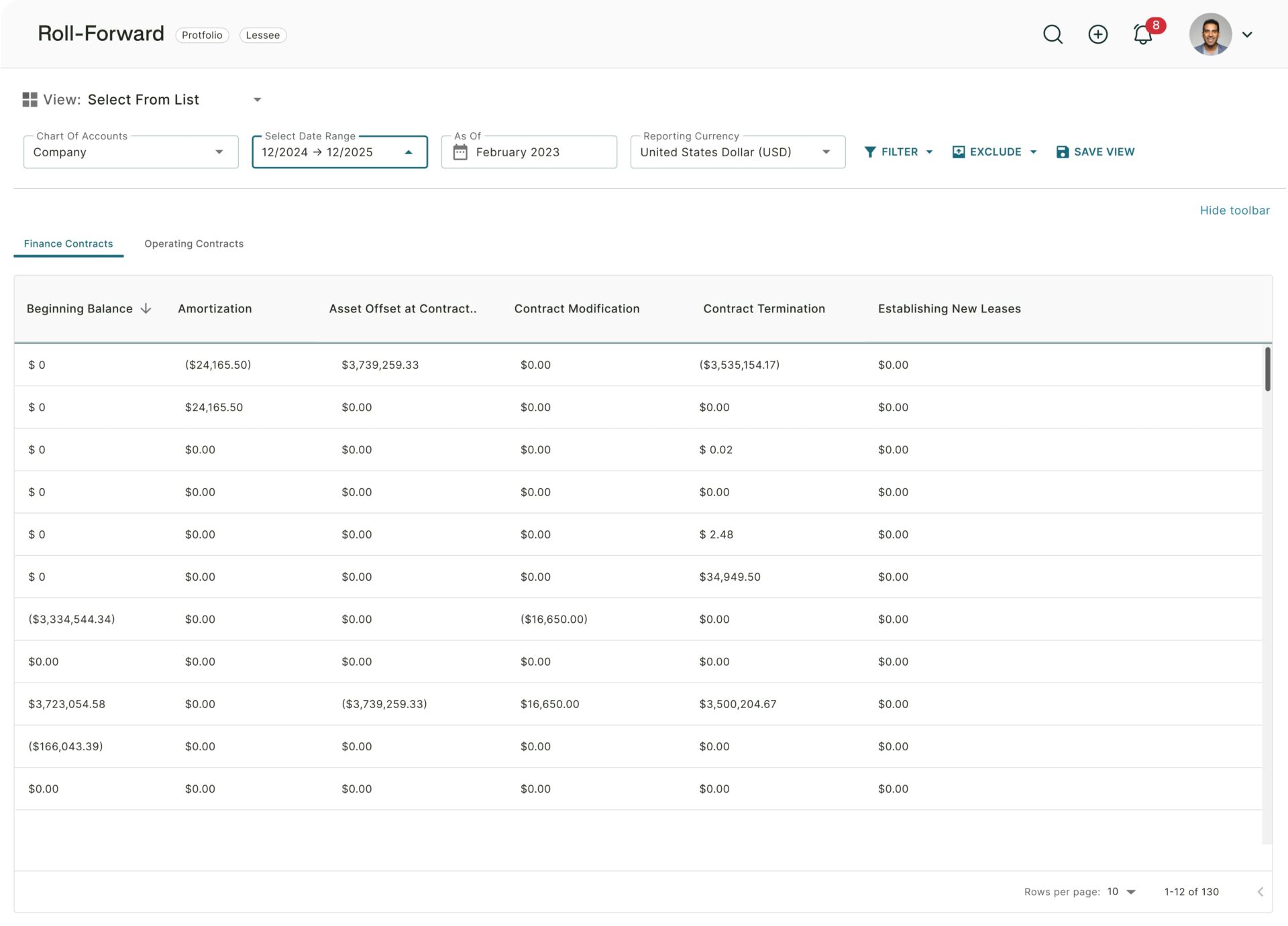Internal audit is entering a new era. As AI capabilities expand, audit leaders are rethinking how their teams spend time, structure reviews, and deliver assurance.
To understand what this looks like in practice, Trullion hosted a conversation with:
- Ryan Godbey, Founder of Kenrick and former KPMG Partner
- Mike Van Stone, VP of Internal Audit at Cantaloupe Inc.
- Isaac Heller, Founder and President at Trullion
They discussed what’s changing in the field, how teams are already using AI in internal audit to streamline fieldwork, and what modernization means for the future of internal audit.
1. The reality of internal audit fieldwork
Despite growing interest in modernization, much of internal audit’s day-to-day remains rooted in manual testing and validation. Ryan noted that teams continue to spend most of their time on fieldwork – estimating 60-70% for directors, and even more for staff.
He broke down what that looks like: pulling populations of data, testing samples, and matching documents from multiple sources.
The example underscores a larger truth: even in 2025, auditors spend a disproportionate amount of time verifying details rather than interpreting them. For Ryan, this is exactly where technology and AI should make the biggest impact: automating repetitive matching so teams can focus on insight, not inputs.
2. Applying AI and technology where it matters
Mike agreed that volume, not complexity, is often the greatest challenge. Fieldwork volume can increase quickly, especially when larger sample sizes are required due to higher risk or more recurring deficiencies. Many teams are experimenting with AI to manage that workload.
Mike outlined several use cases where AI is already transforming internal audit processes:
- Cybersecurity audits: parsing incident response documentation, policies, and recovery forms
- Technology audits: comparing service-level agreements and contractual obligations across hundreds of PDF pages
- Compliance frameworks: mapping evidence against standards such as ISO 27001 and AICPA Trust Principles
3. The shift to strategic internal audit
All three speakers agreed: modernization in internal audit extends beyond saving time, to redefining the role of the auditor. “Internal audit is on the cusp of transforming,” Isaac said.
Ryan explained that the transformation isn’t about eliminating fieldwork, but rather elevating it. The repetitive parts of testing – validating data points, reconciling systems, matching evidence – can be automated, freeing up time for auditors to focus on assessing risk, strengthening controls, and understanding the business drivers behind the numbers.
Automation and AI can streamline the mechanics of assurance, but it’s the insight layer that creates real value. Supporting documents will always exist, but AI tools capable of interpreting unstructured data fundamentally change how teams engage with evidence.
The speakers agreed that internal audit’s evolution depends on how effectively teams adopt AI, automation, and other new capabilities while maintaining rigor and trust. Fieldwork will always be part of the profession’s foundation, but the manual slog doesn’t have to define it. There are meaningful AI applications in internal audit.
Watch the full conversation on using AI in internal audit
To hear how Ryan, Mike, and Isaac are reimagining the next generation of internal audit, watch the full on-demand webinar.
Internal audit is evolving into a function that’s both strategic and data-driven. At Trullion, we’re building the intelligent assurance layer that makes that possible: unifying AI, automation, and real-time collaboration in a single workspace. Book a personalized demo to learn more.





